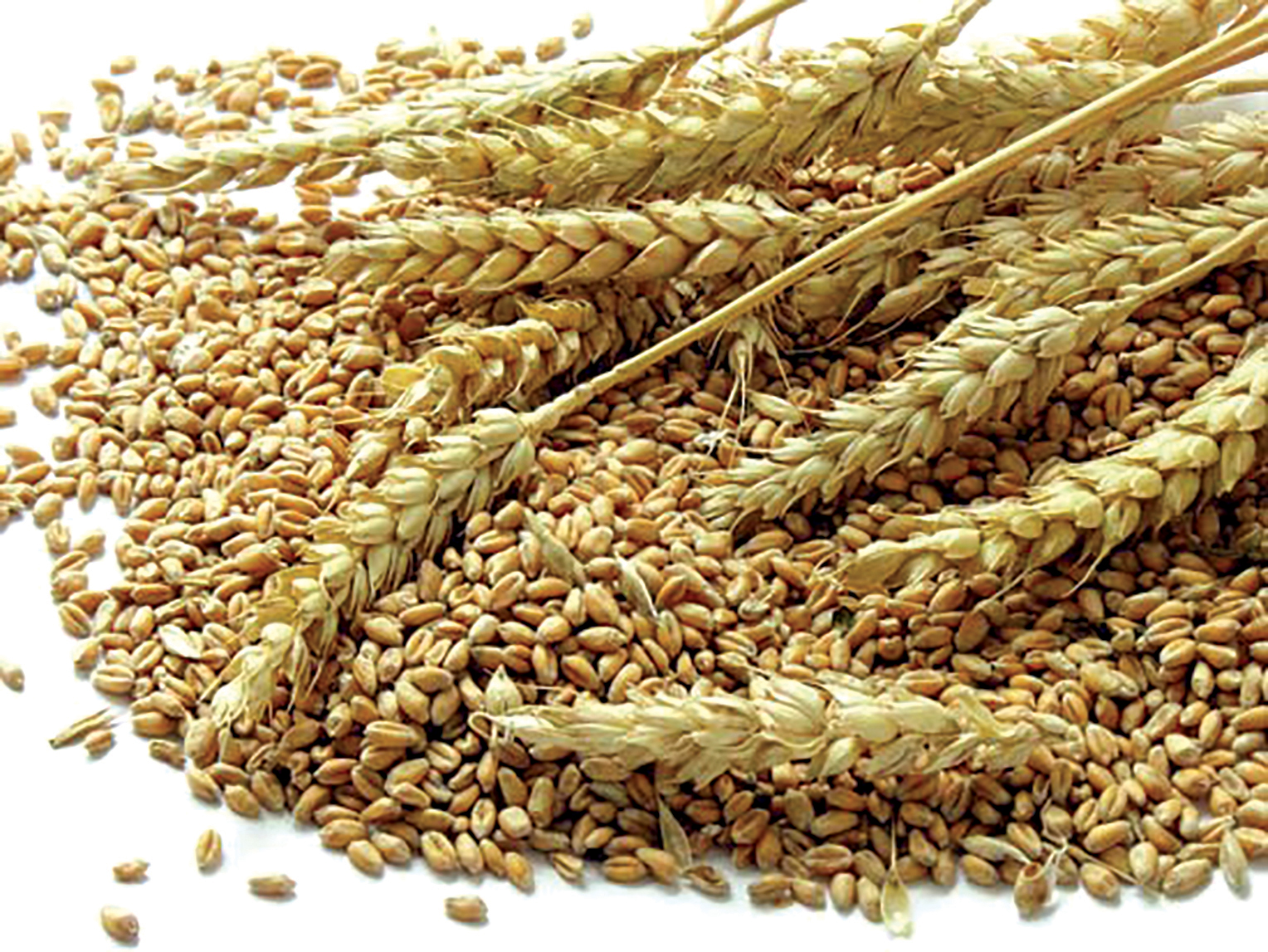
A medical mystery is in the process of being solved, thanks to new research in the field of gastrology/gastroenterology. This research is focused on the intestine, called gut in common parlance. It has been found that a condition called ‘leaky gut’ can be the cause of many ailments.
What makes the gut leak? Holes develop in the lining of the intestine, resulting in toxins and bacteria percolating into the body. This can lead to conditions such as bloating, gas, cramps, allergies, fatigue, headache and joint pain. Since these symptoms are known to result from other illnesses, getting a correct diagnosis can be problematic.
“There are highly sophisticated laboratory tests to assess intestinal permeability,” says Dr Sarath Gopalan, pediatric gastroenterologist and hepatologist. “But these may be very cumbersome and time-consuming. Food allergy tests using specialised Immunoglobulin G (IgG) examine a wide range of antigens in the food which may be responsible.”
In some cases, the patient’s diet is not to be blamed, as they may have inherited a weak intestine. But more often, it is due to gluten (found in grains such as wheat, barley, rye and oats), dairy products, soy, refined sugar, caffeine or alcohol.
Most north Indians wonder how wheat, their staple food, can possibly be the villain of the piece. I asked nutritionist Dr Ishi Khosla about patients’ response. “When a patient is suffering and told that she can heal herself by giving up wheat rotis, she is willing to switch to alternative flours,” she told me. “What eases the treatment process is that patients feel more energetic after giving up wheat, which helps them accept the need to eliminate it.”
So the good news is that if you switch to a better diet, the leaks can be stopped. If you are non-vegetarian, you can go for bone broth, which helps reduce inflammation in the gut. Otherwise you can go for raw fermented foods, a good source of natural probiotics. These days you can get yoghurt made of coconut or almond milk, in case you are lactose intolerant. Then there are fermented drinks like Yakult and kombucha. These will rebalance your microbiome, which is the combined genetic material of the microorganisms in a particular environment.
Another condition in which wheat acts as the villain is celiac disease, an autoimmune disease that occurs because of gluten, a protein present in wheat, barley, rye and oats. In patients of celiac disease, gluten protein is not digested completely and that leads to damage to the small intestinal mucosa. These patients fail to grow in height and weight, develop chronic diarrhoea, anaemia and weakness of bones.
Dr Tom O’Bryan, who is on the board of the American Association of Clinical Nutritionists says, “Apart from the fact that it can occur at any age and is highly under diagnosed, celiac disease (once thoought of as a Western disease) and gluten insensitivity can impact both physical and mental health.”
So should the general population be asked to stop buying wheat flour? Dr Ishi Khosla, who is also president of the Celiac Society of India says, “The aim is to not target wheat but rather to help those suffering from wheat sensitivity to get diagnosed and to lead better lives. The symptoms and screening tools must be known to doctors, healthcare professionals and the public.”
Dr Gopalan emphasises that a gluten-free diet is the only answer to celiac disease. “This is the only effective treatment, there is no drug treatment,” he says. “The patient is put on a strictly compliant gluten-free diet for three months, after which there will be a clear improvement in clinical symptoms.” Even if the patient is found to have Non-Celiac Gluten Sensitivity (NCGS), a gluten-free diet will continue for years, even for life.
Those of us in the medical community who believe in preventive care would advise a change in diet as soon as the doctor’s diagnosis says wheat is the villain. Be assured, gluten is bad for health only for those who have a problem, that is about 1-6% of the population.
Dr Reshma is an advocate of wellness, prevention and holistic health. Instagram handle: dr.reshmakhattarbhagat
Five quiet corners across Delhi-NCR where February evenings slow the city down, letting breeze, fading…
A solo exhibition by Anjali Mittal exploring emotion, memory and intuition through layered blue-hued paintings
The incident occurred on Saturday near Bakhtawarpur. A senior police officer said a team rushed…
V K Saxena approves 20 per cent reservation, age relaxation, and test exemption for ex-Agniveers…
The fair at Gandhi Darshan brings together emerging and senior artists, showcasing over 200 artworks…
State Names Authority approves renaming of two metro stations and modifies seven others, aligning station…